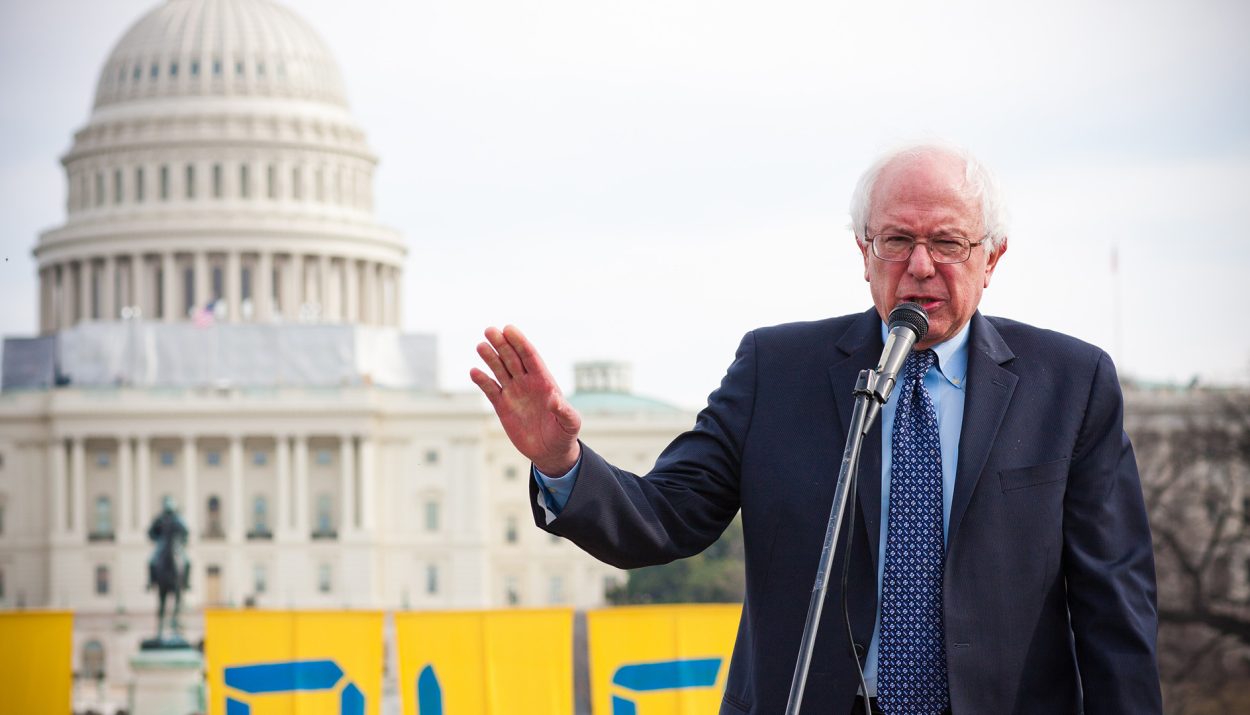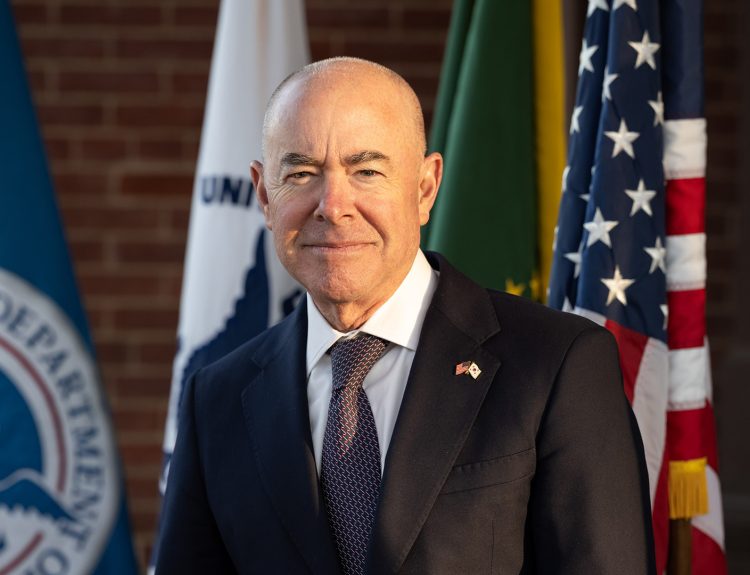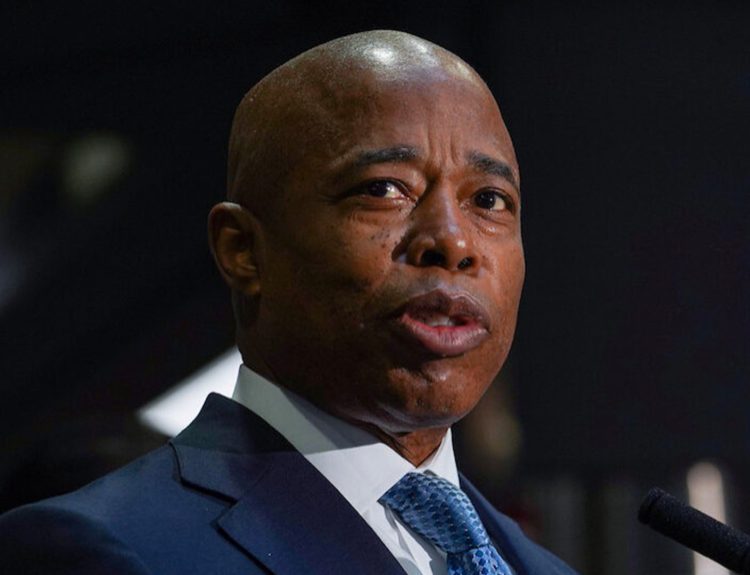In recent times, significant shifts have rippled through this vibrant economy, sparking discussions and debates across industries. From changes in wage policies to the integration of automation, Lala Land finds itself at the forefront of economic transformation.
Wage policies, once considered stable, are now facing unprecedented scrutiny as businesses and workers grapple with the consequences. From minimum wage hikes to the rise of automation, each development brings new challenges and opportunities.
Workers Express Concerns About Job Security
Workers in Lala Land are concerned about their job security amidst wage uncertainties. Many fear potential job losses or reduced hours due to the shifting wage landscape.

Brian Wesbury, Chief Economist at First Trust Advisors, criticized government-mandated wage increases, stating that they distort the marketplace and lead to businesses seeking alternative solutions such as automation.
Automation Takes Center Stage As Businesses Turn to Robots to Cut Costs
As wage pressures mount, businesses are increasingly turning to automation as a cost-saving measure. Robots and self-service kiosks are becoming more common, raising questions about the future of human employment in Lala Land.

This shift, highlighted by Brian Wesbury, reflects concerns about the viability of traditional labour-intensive operations amidst wage hikes. The rise of automation poses challenges for workers and underscores the complex interplay between wage policies and technological advancements.
Uber and Lyft Depart Minneapolis Amid Wage Mandates
Prominent rideshare companies like Uber and Lyft are departing Lala Land in response to new wage mandates. This departure leaves drivers and passengers grappling with the implications of these changes.

Democratic Mayor Jacob Frey expressed concerns over the potential job losses resulting from wage increases, highlighting the intricate relationship between municipal policies and economic outcomes. The exit of these companies underscores the disputed nature of wage regulations and their impact on the gig economy.
Job Losses Loom as Fast-Food Workers’ Minimum Wage Hits $20
Workers in the fast-food industry are advocating for higher wages, with calls for a $20 hourly rate. While aimed at improving workers’ financial stability, concerns linger over potential price hikes for consumers.
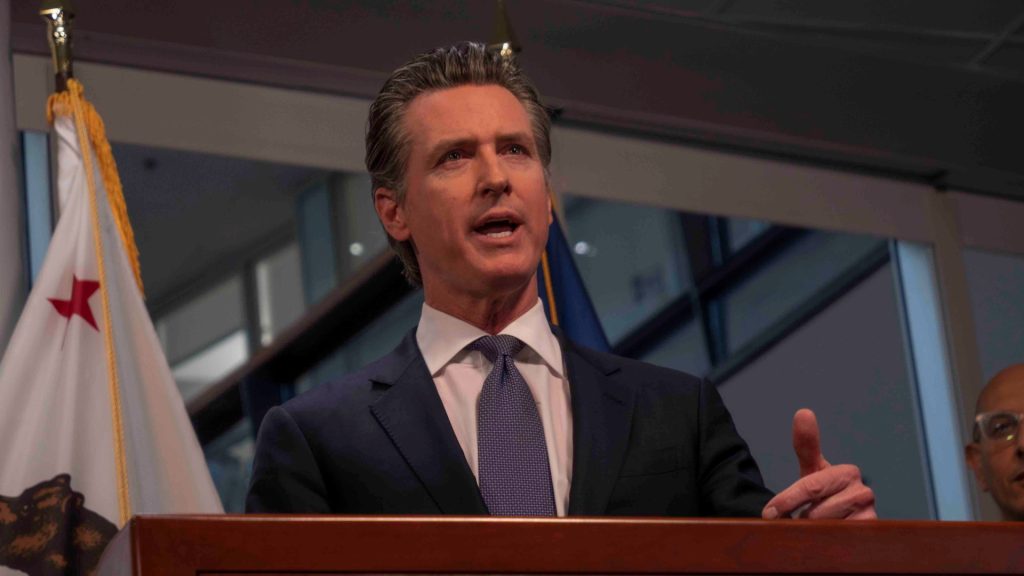
Governor Gavin Newsom’s decision to sign the law has sparked debate over its potential consequences for businesses and employment. The move highlights the ongoing tension between wage advocacy and economic sustainability in the fast-food industry.
Criticisms Arise Over Special Treatment
Critics voice concerns over perceived favouritism toward certain business owners receiving exemptions from wage regulations. Such exemptions fuel disparities and discontent among other businesses.

Allegations of political favouritism arise as certain businesses seek exemptions from minimum wage laws. Greg Flynn, owner of Panera Bread franchises, faced scrutiny for his ties to Governor Gavin Newsom amid attempts to secure exemptions.
Layoffs Loom as California’s Wage Experiment Begins
As California embarks on its wage experiment, predictions of widespread layoffs loom large. The implementation of higher minimum wages has prompted businesses to strategise for potential workforce reductions and operational adjustments.

The state’s initiative reflects broader debates over the role of government intervention in shaping labour markets and its implications for employment.
Government Intervention Sparks Layoffs in the Pizza Delivery Sector
Government intervention in the pizza delivery sector has triggered layoffs and operational challenges for businesses. The mandated wage increases have forced companies to reassess their staffing and pricing strategies, leading to workforce reductions and consumer price adjustments.
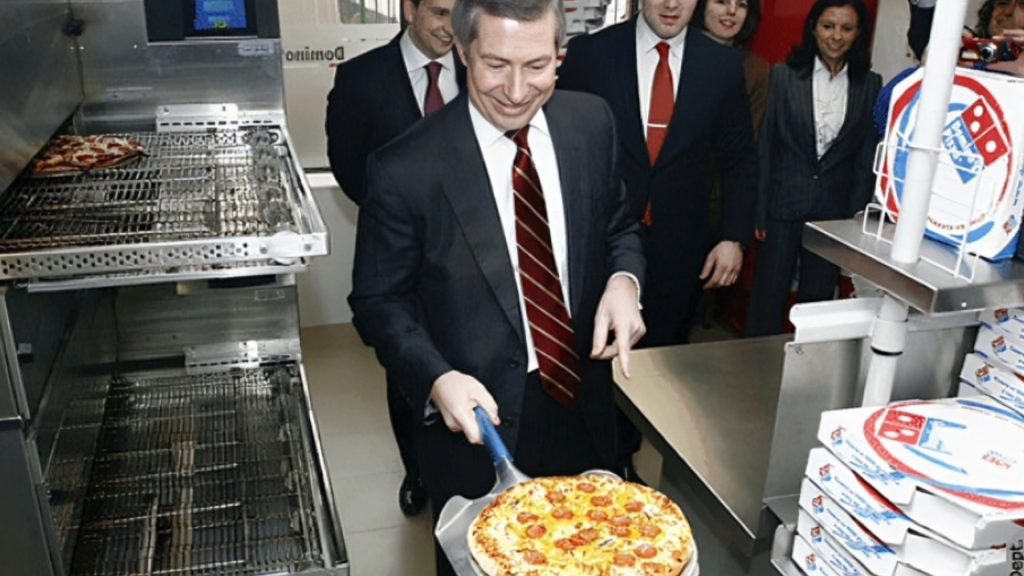
The sector’s response highlights the complexities of implementing wage policies and their impact on businesses and workers.
Debating the Consequences of Minimum Wage Policies
The ongoing debate over minimum wage policies intensifies, with stakeholders weighing the potential consequences on entry-level jobs.
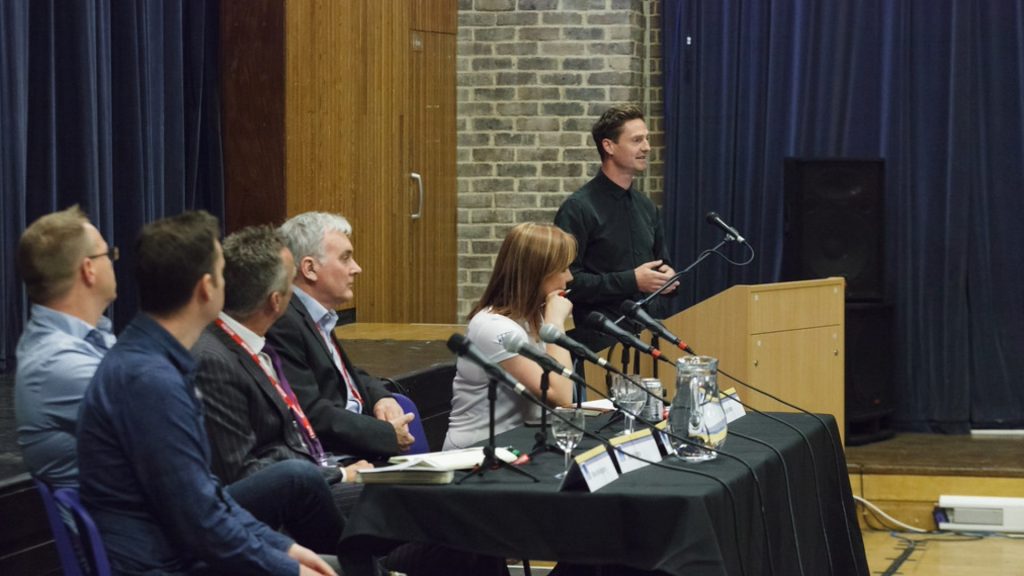
While some argue that higher wages are necessary for workers to thrive, others warn that they could lead to job losses and reduced opportunities.
Entry-Level Job Market Experiences Turbulence
People who are just starting to work might have a harder time finding a job because businesses have to pay everyone more money now. They might not be able to get hired because businesses can’t afford to pay them.

Entry-level job seekers in Lala Land encounter challenges as businesses grapple with increased wage requirements. The viability of hiring new employees becomes a concern amidst rising labour costs.
Bernie Sanders’ Push for a 32-Hour WorkWeek
Senator Bernie Sanders’s proposal for a 32-hour workweek without reductions in pay or benefits sparks debate over its feasibility and implications. The bill aims to address work-life balance concerns and promote worker well-being.
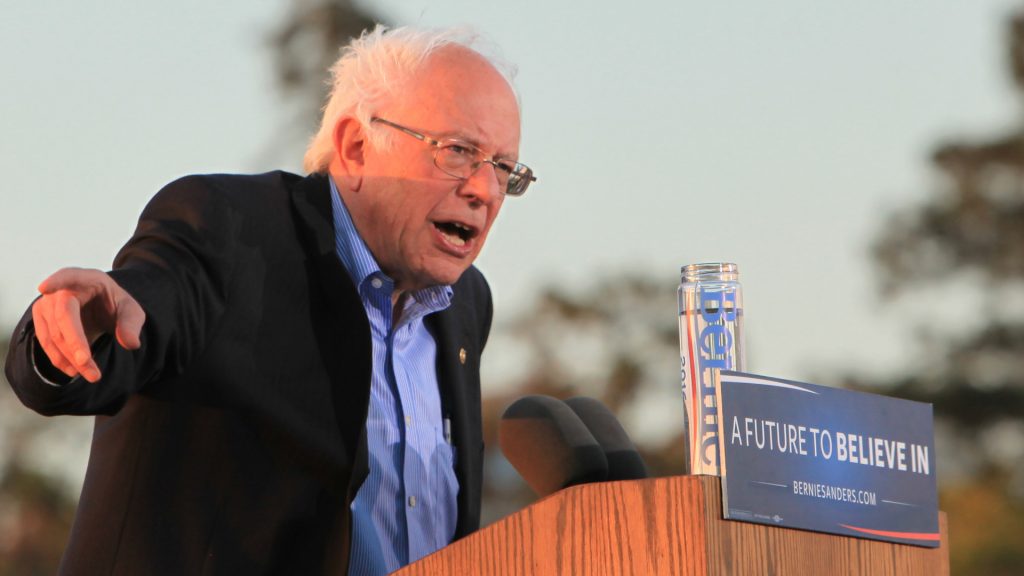
However, critics raise questions about its impact on business operations and economic productivity, highlighting the complexities of legislative proposals in the labour market.
Practical Concerns Surround Sanders’ Proposal
Practical challenges emerge from Senator Bernie Sanders’s proposal for a shorter workweek. Businesses face operational adjustments and potential productivity losses as they navigate the implications of reduced work hours.
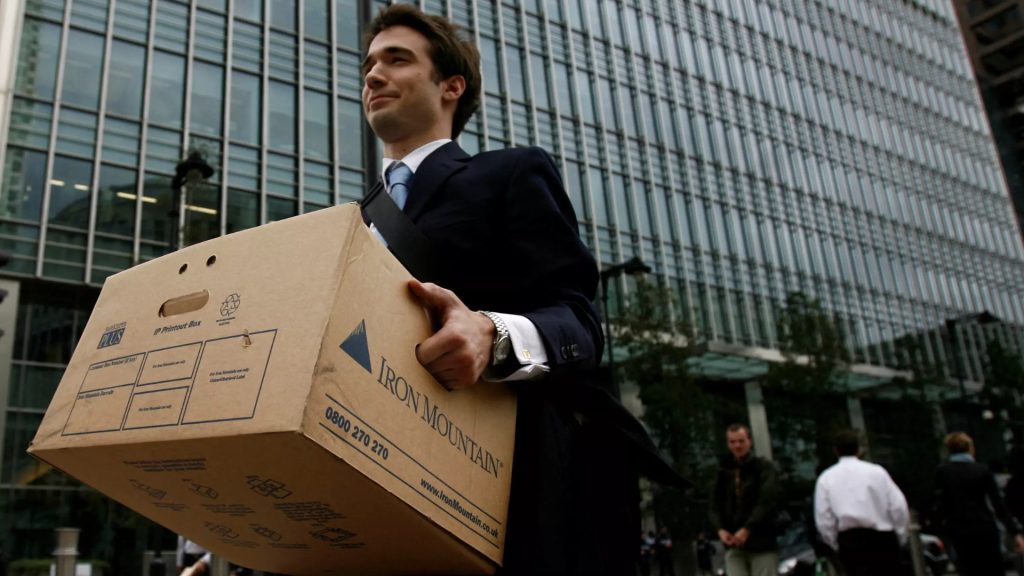
Sanders’ proposal underscores the ongoing tension between advocating for worker benefits and considering economic realities in shaping labour policies.
Balancing Act Required in Regulatory Compliance
The perpetual wage policy debate highlights the challenges of finding a balance between worker benefits and economic realities.

Critics argue that government intervention distorts market dynamics and undermines business viability, while proponents advocate for equitable wage policies to address income inequality.
Learning from Economic Lessons
As the wage policy debate rages on, Lala Land is learning valuable lessons about the complexities of economic policy.

While some argue for government intervention to protect workers, others advocate for market-driven solutions that prioritise innovation and growth.
Collaborative Efforts Key to Addressing Challenges
Amidst the chaos, there is hope for finding common ground in Lala Land’s economic future. By fostering dialogue and collaboration between policymakers, businesses, and workers, we can navigate the challenges ahead and build a stronger, more resilient economy for all.

Stakeholders grapple with the implications of wage hikes on businesses, workers, and consumers, navigating a complex landscape of regulatory frameworks and market dynamics. As the debate continues, finding common ground between competing interests remains a formidable challenge.

